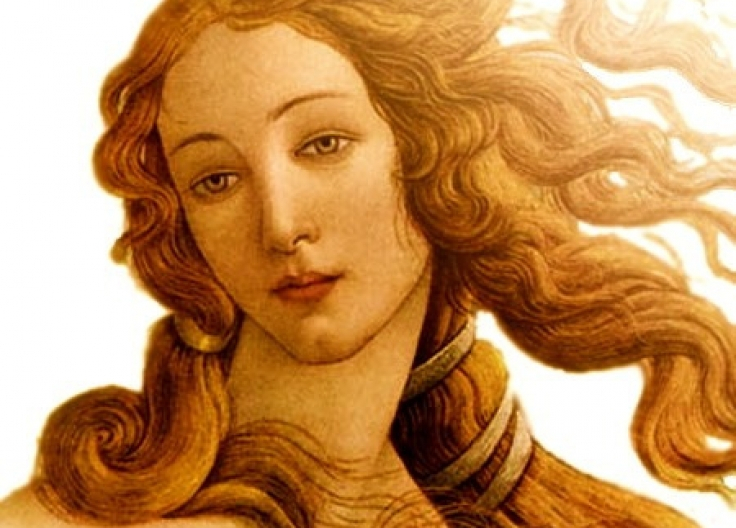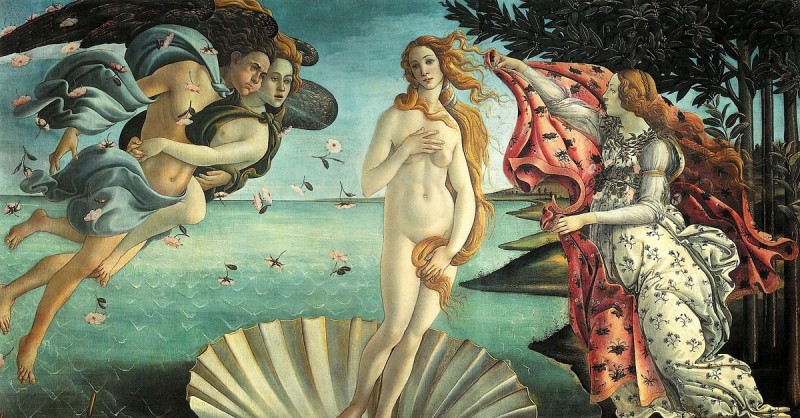Venus

Venus was a Roman goddess who was associated with love, beauty, desire, sex, fertility, prosperity, and victory. She was the progenitor of the Romans through her son, Aeneas, who escaped the collapse of Troy and fled to Italy, according to Roman legend. Julius Caesar claimed her as a foremother. Venus was adored in Roman religion under a variety of cult titles and was crucial to many religious festivals.
The stories and symbolism of her Greek counterpart Aphrodite were adapted for Roman art and Latin literature by the Romans. Venus, as the embodiment of love and sexuality, became one of the most commonly mentioned deities of Greco-Roman mythology in the West's later classical culture. In paintings, she is frequently represented naked.
Venus has been called the most unique creation of the Roman pantheon, as well as "an ill-defined and assimilative" native goddess blended with "a strange and exotic Aphrodite." In contrast to the formal, contractual relations between most members of Rome's official pantheon and the state, and the unofficial, criminal manipulation of divine energies through magic, her cults may represent the religiously lawful appeal and seduction of the divine by mortals.
Q. Fabius Gurges swore to Venus Obsequens the earliest known temple to Venus during a war against the Samnites. It was erected around 295 BC near the Aventine Hill and was allegedly sponsored by fines imposed on Roman women for sexual offenses. Its rites and features were most likely influenced or based on Greek Aphrodite cults, which had already spread in various forms throughout Italian Magna Graeca. Venus Obsequens is dedicated on the same day as the Vinalia rustica festival.













